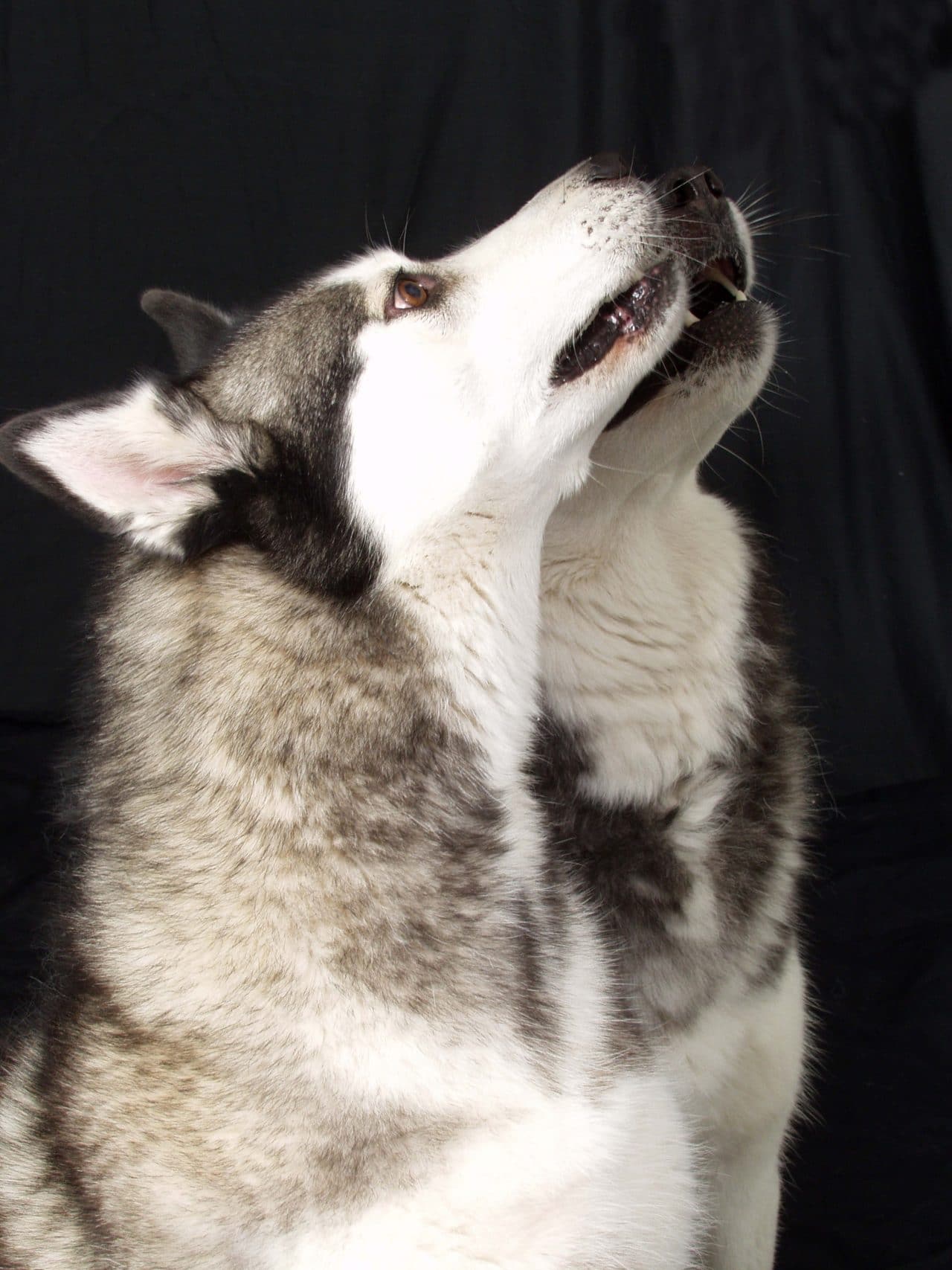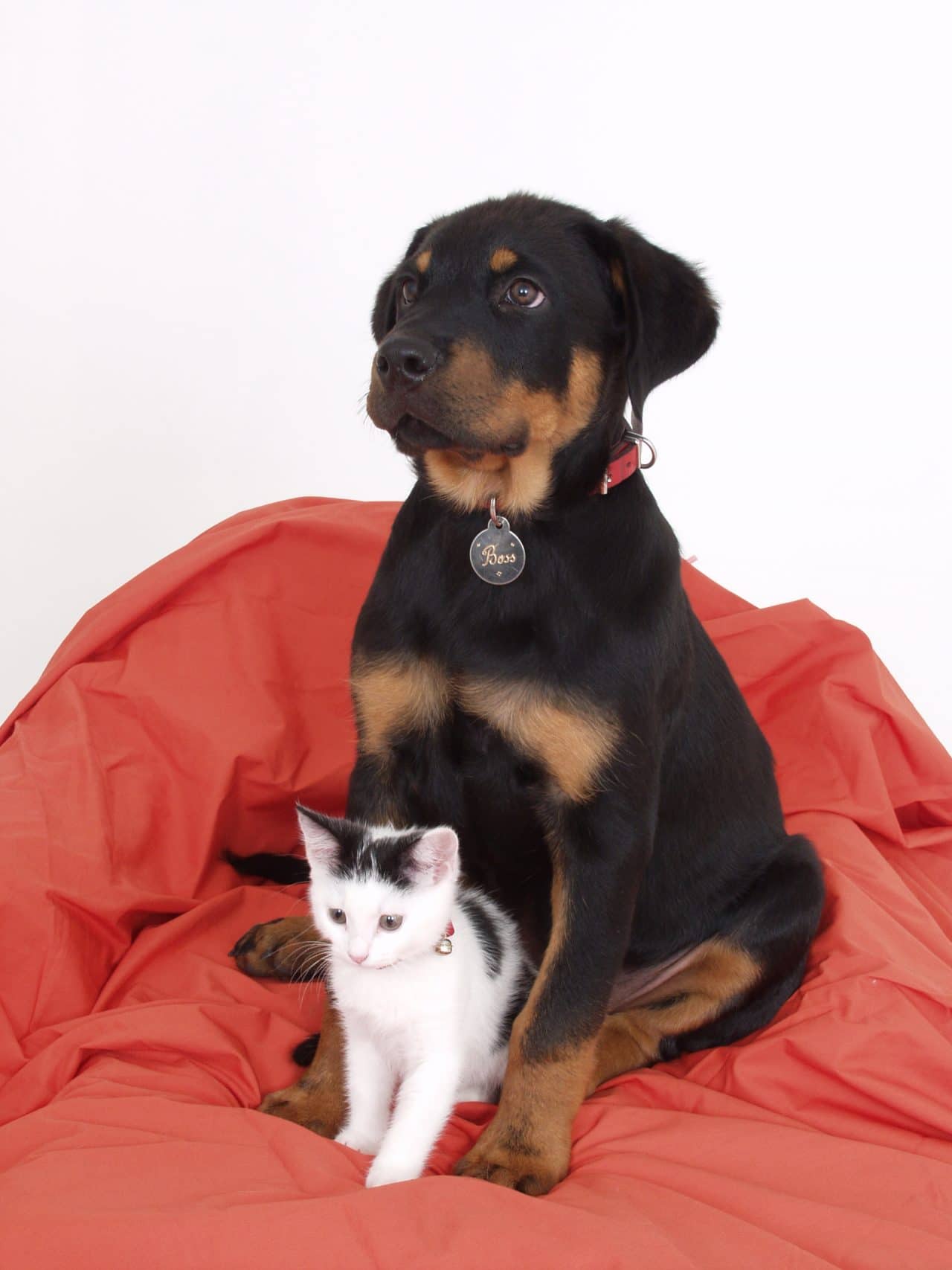
The kidneys have an important role. Healthy kidneys filter the blood thereby removing waste products from the circulation. When your pet’s kidney function is diminished, waste products in the body start to accumulate, causing your pet to become sick.
Kidney disease has two main forms, acute renal disease and chronic renal disease.
Chronic renal disease (CRD) occurs over a longer time. It is often a consequence of old age but some breeds of dogs and cats have an inherited tendency to develop CRD at young age.
If a pet’s kidneys are damaged from Acute Renal Disease, Chronic Renal Disease can be a consequence. Sometimes, viruses, bacteria, or toxins may be the cause and CRD can be a consequence of diabetes mellitus, high blood pressure and many other internal diseases.
The mean age of diagnosis for CRD is approximately seven years in dogs and nine years in cats. However, animals of any age can be affected.
How do I know my pet has renal disease?
If your pet has renal disease, the first indication is usually an increase in thirst and an increase in the need to pass urine. This is usually quite obvious with Acute Renal Disease but is not always so clearly noticed with Chronic Renal Disease because the increase in thirst occurs more gradually.
House-soiling can occur as a consequence.
Waste products accumulate in the body and the pet feels and looks very unwell. You will find your pet is listless and depressed.
With both forms of the disease, the pet will mostly have a reduced appetite, and, with CRD, the pet’s weight will reduce.
You will usually find your pet has bad breath. This is due to accumulated waste products in the blood seeping through to the saliva. Pets will often drool because of this and mouth ulcers are also common.

How can I prevent kidney disease?
There are many steps you can take to reduce the chance of your pet suffering from renal disease but most are covered by being sensible about your pet’s care.
Ensure your pet always has access to fresh water and that its diet is scientifically prepared and properly balanced. Good quality commercial dry food diets are designed to reduce many diseases, including renal disease, and it is important that you place your older pet on a properly formulated senior diet.
Obviously you should prevent your pet from getting near toxins and poisons and if your pet appears unwell, seek immediate veterinary treatment. Delay can be deadly.

How is Renal Disease Treated?
Animals with mild renal failure can often be treated at home with medications and dietary changes. One essential treatment is to feed your pet a prescription diet that has low levels of protein, phosphorous and sodium, to reduce the workload on the kidneys.
Having access to fresh water is essential.
Medications of various types will be prescribed by your veterinarian and it is important that you use them as indicated.
More severe cases will require treatment and stabilization in a veterinary clinic or hospital. Intravenous fluids, careful nutritional support, and medications will be needed. When the animals have started to improve, home treatment is then implemented.
For cats, renal transplants are sometimes conducted in Brisbane. A renal transplant is expensive and is not suitable for all cases but it can be very effective treatment.
Contact your veterinarian should you need further advice.

